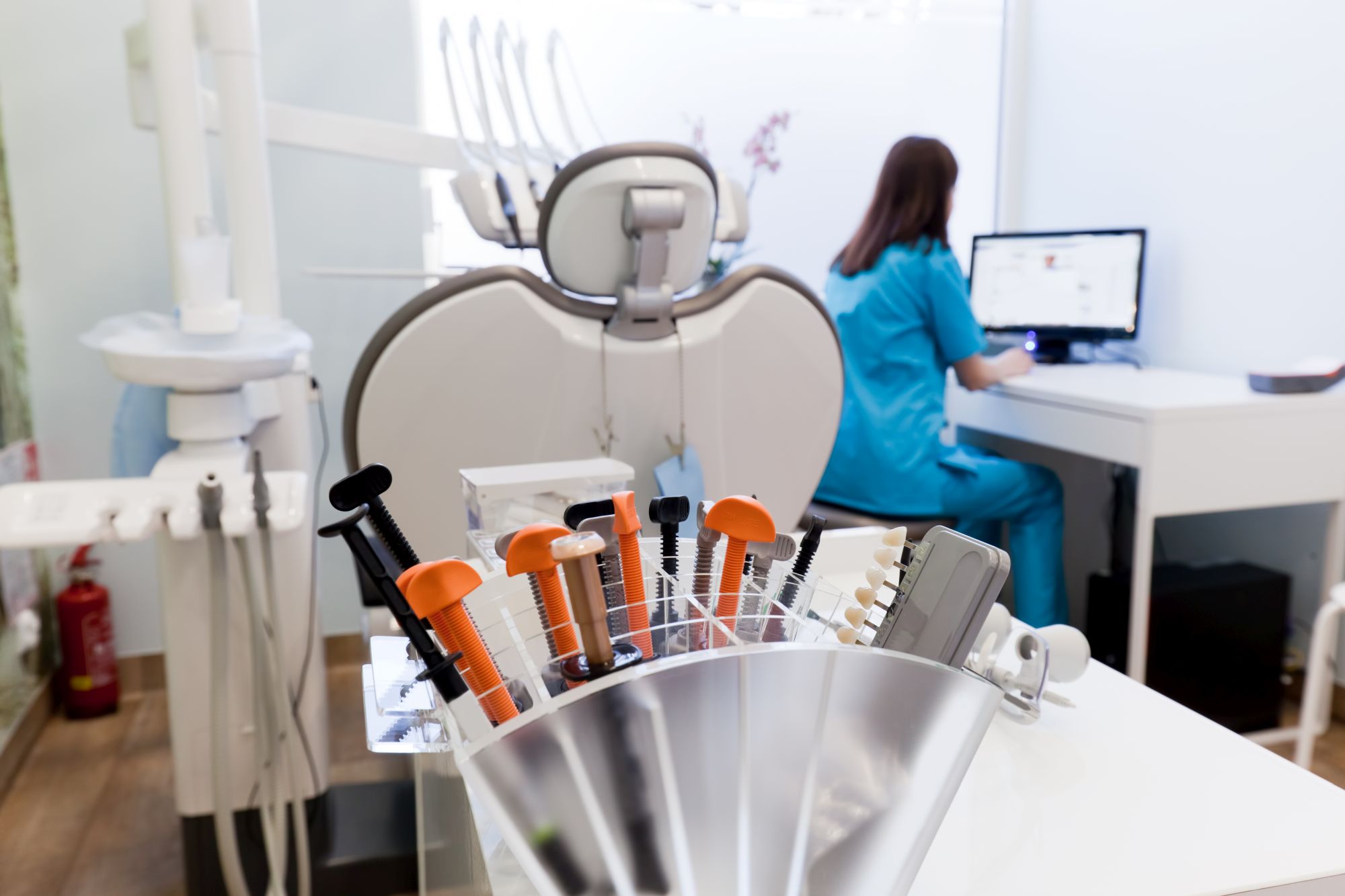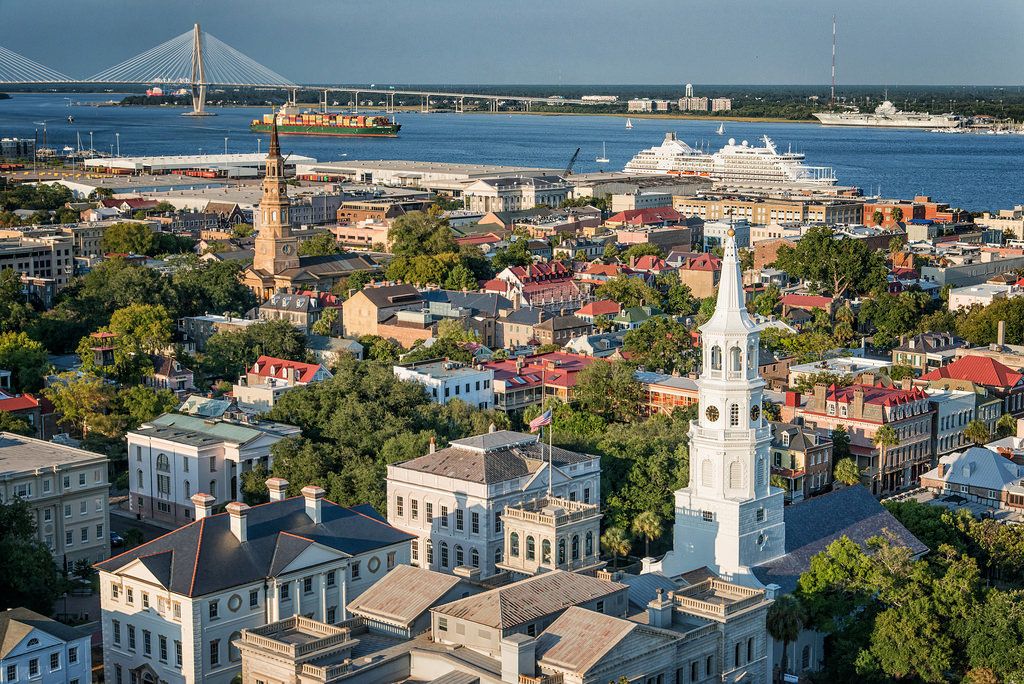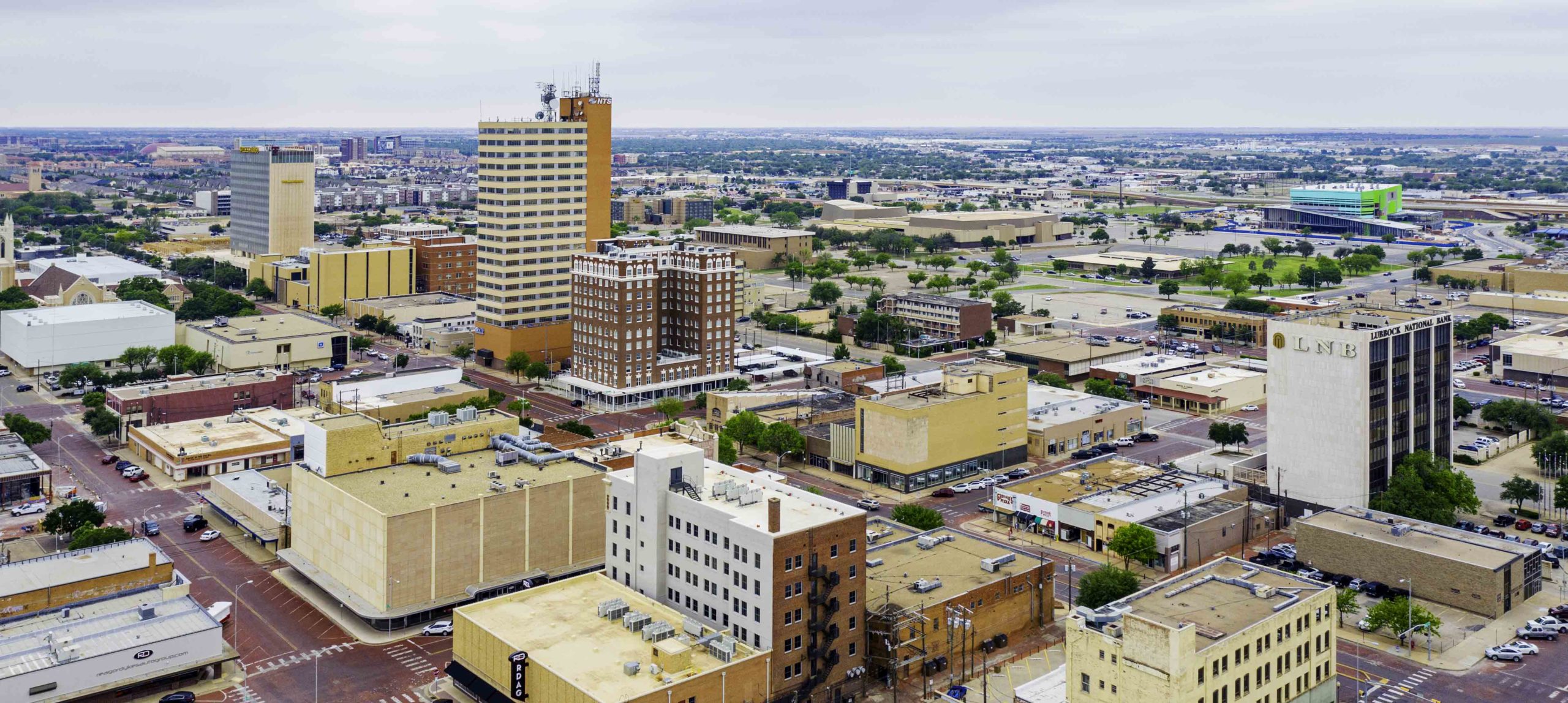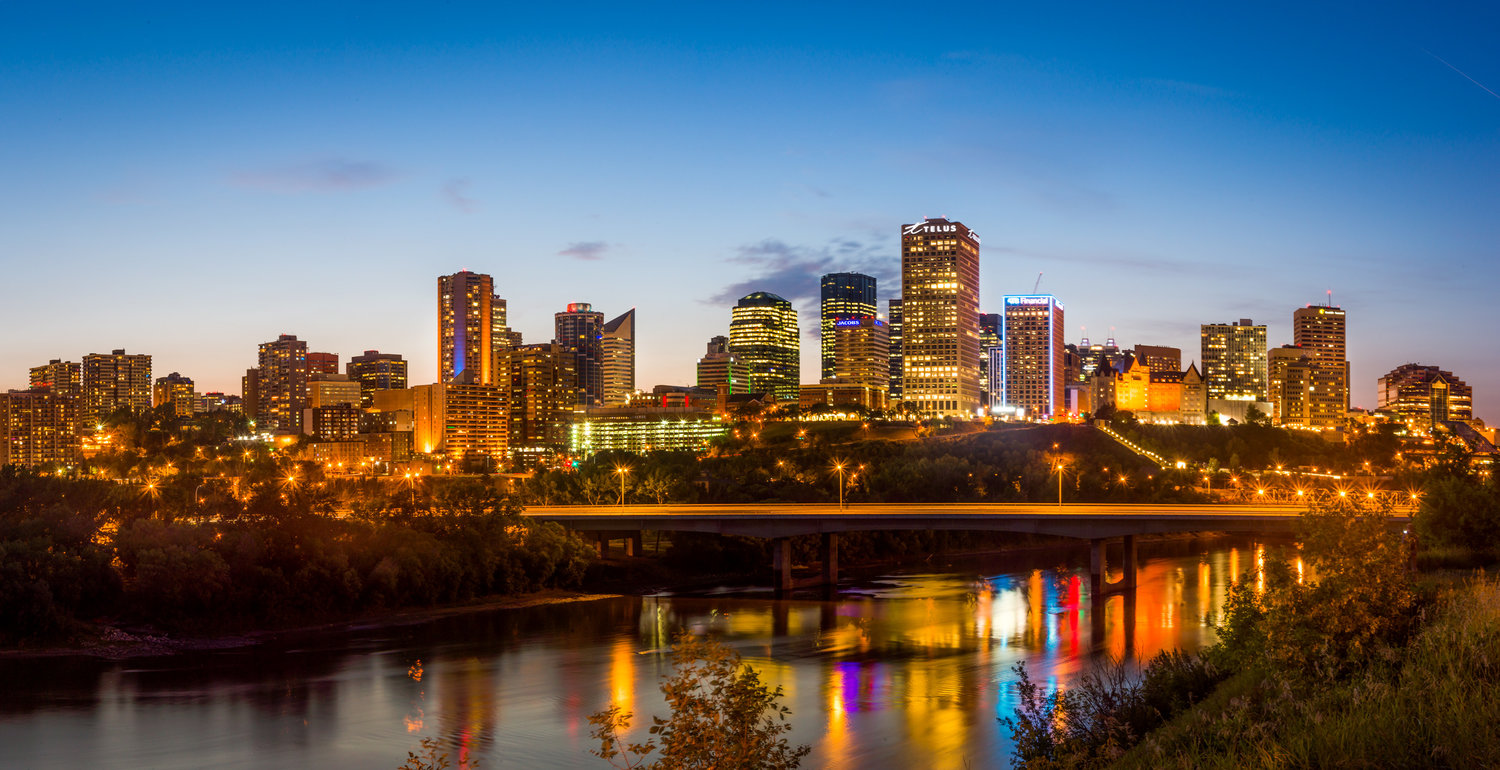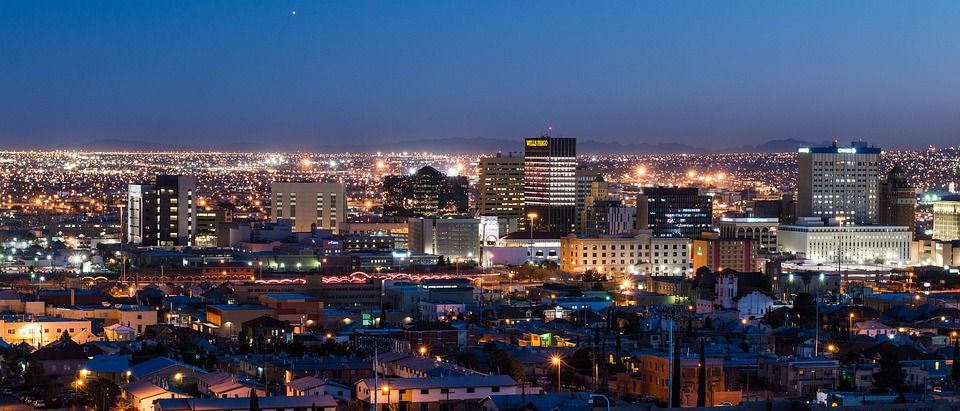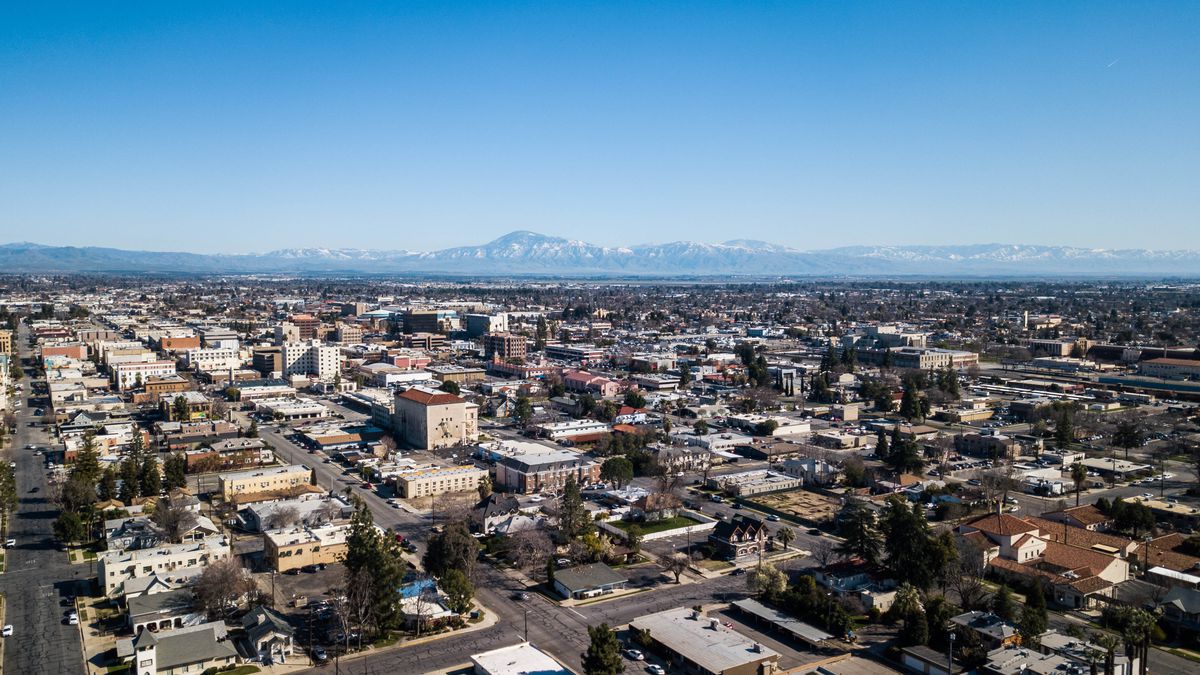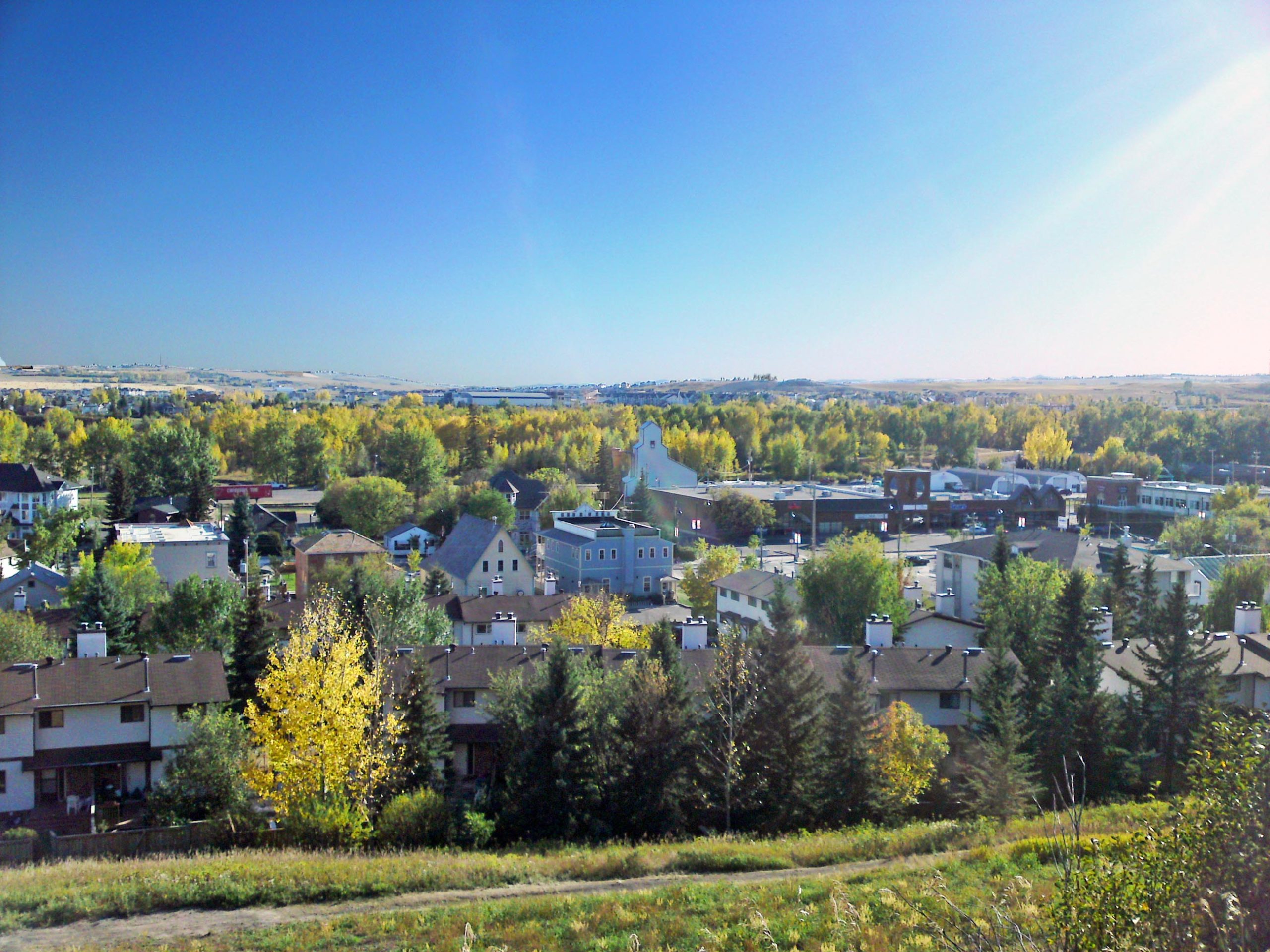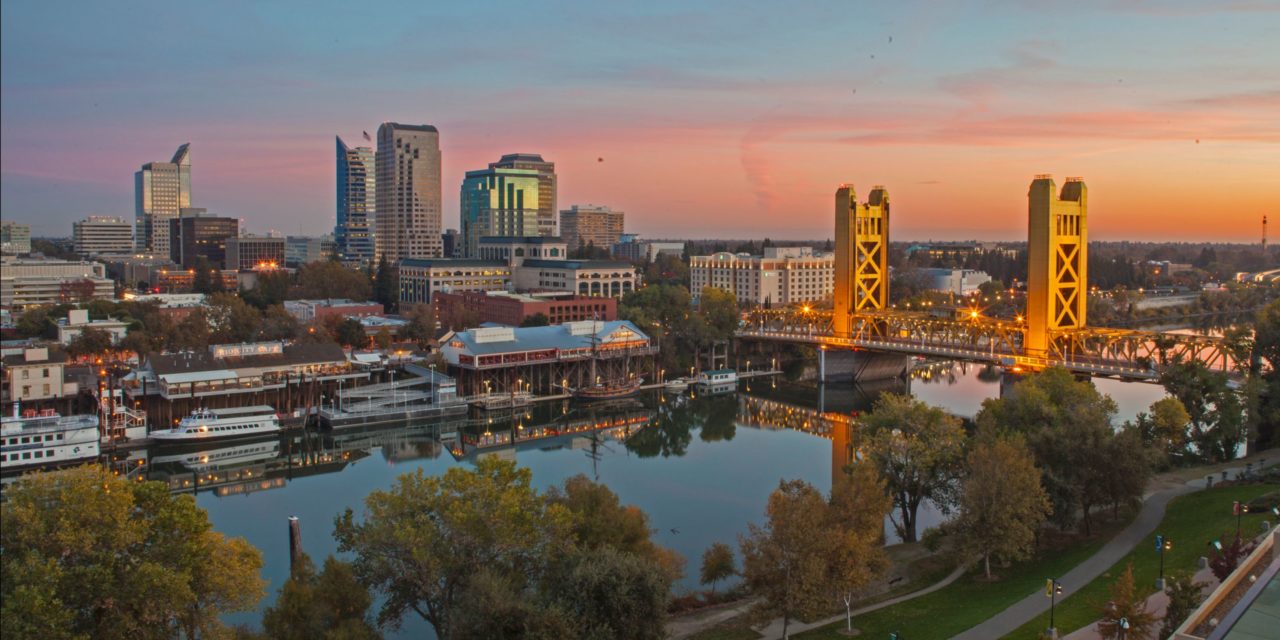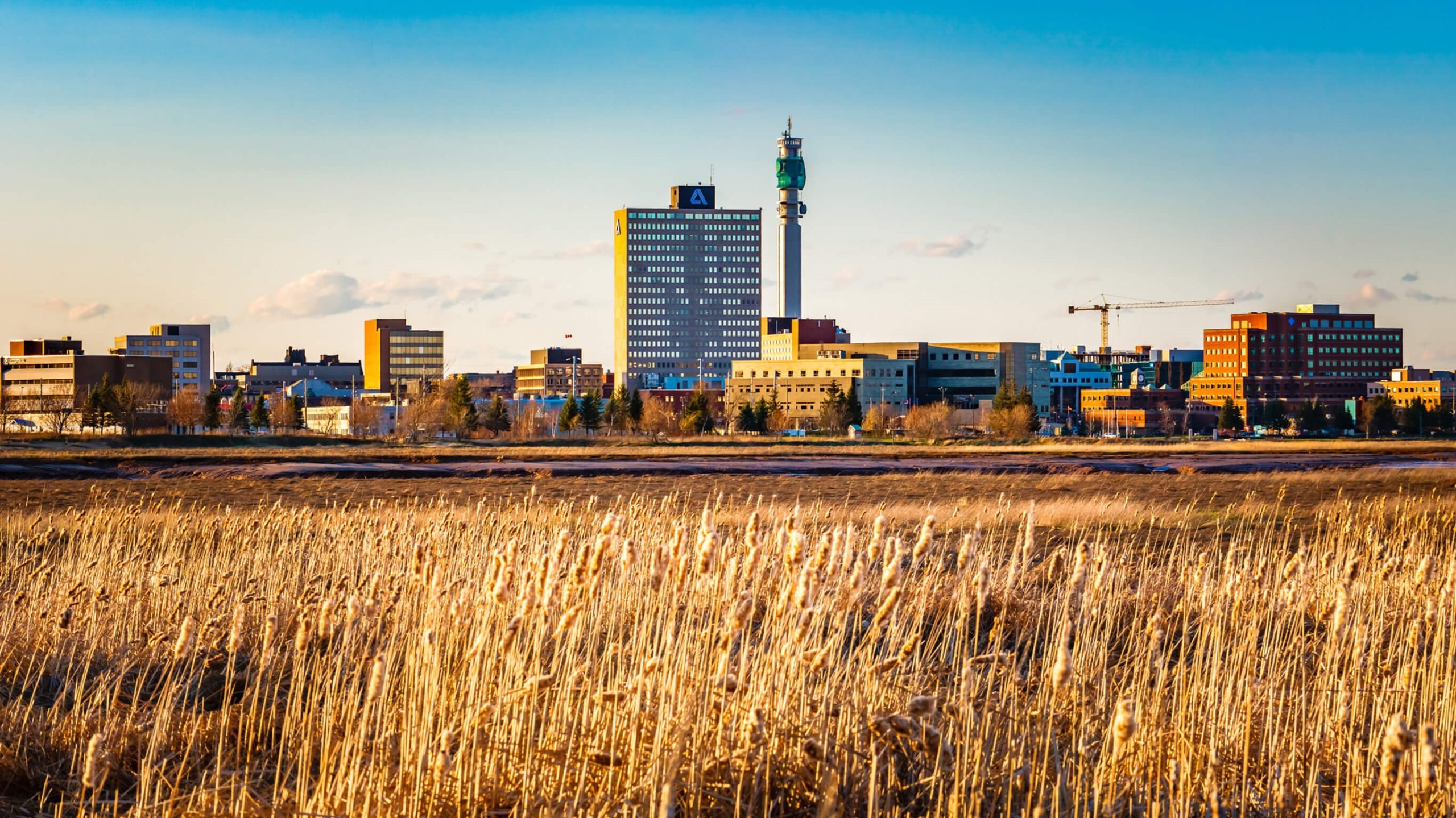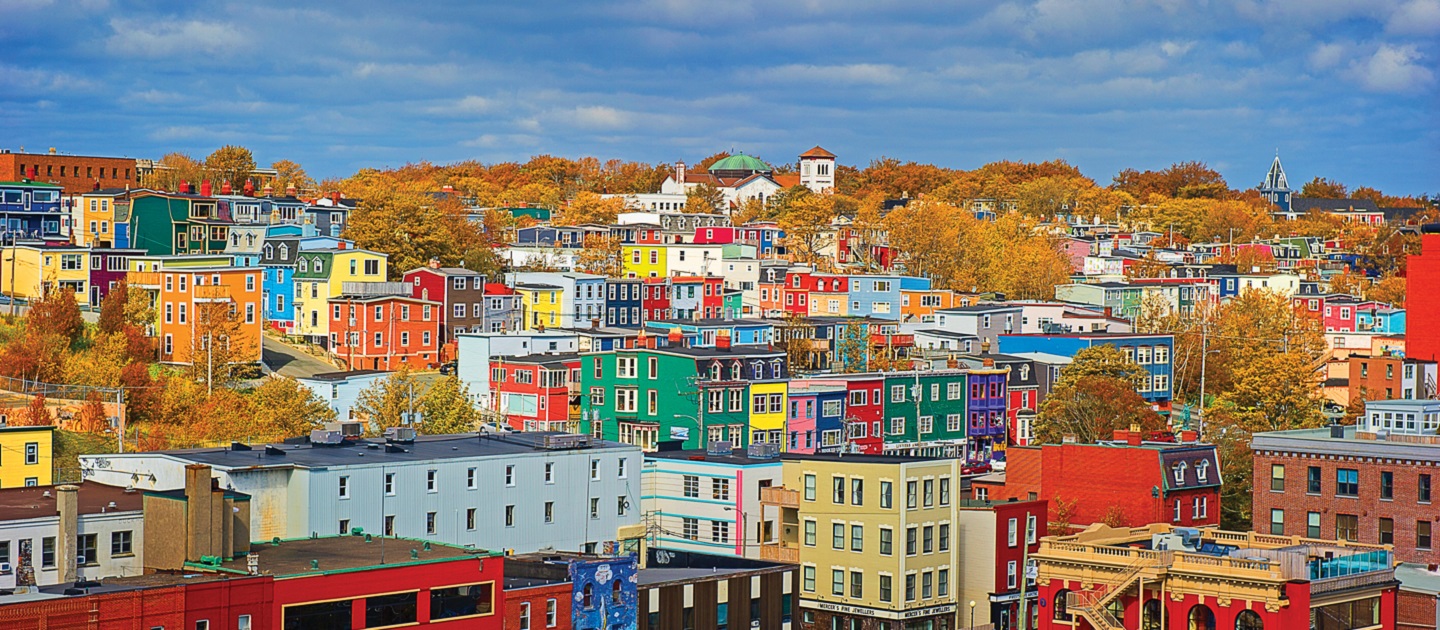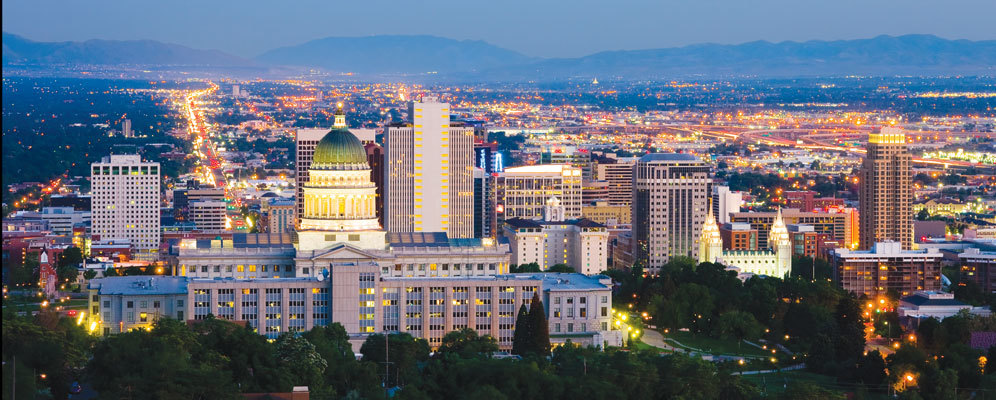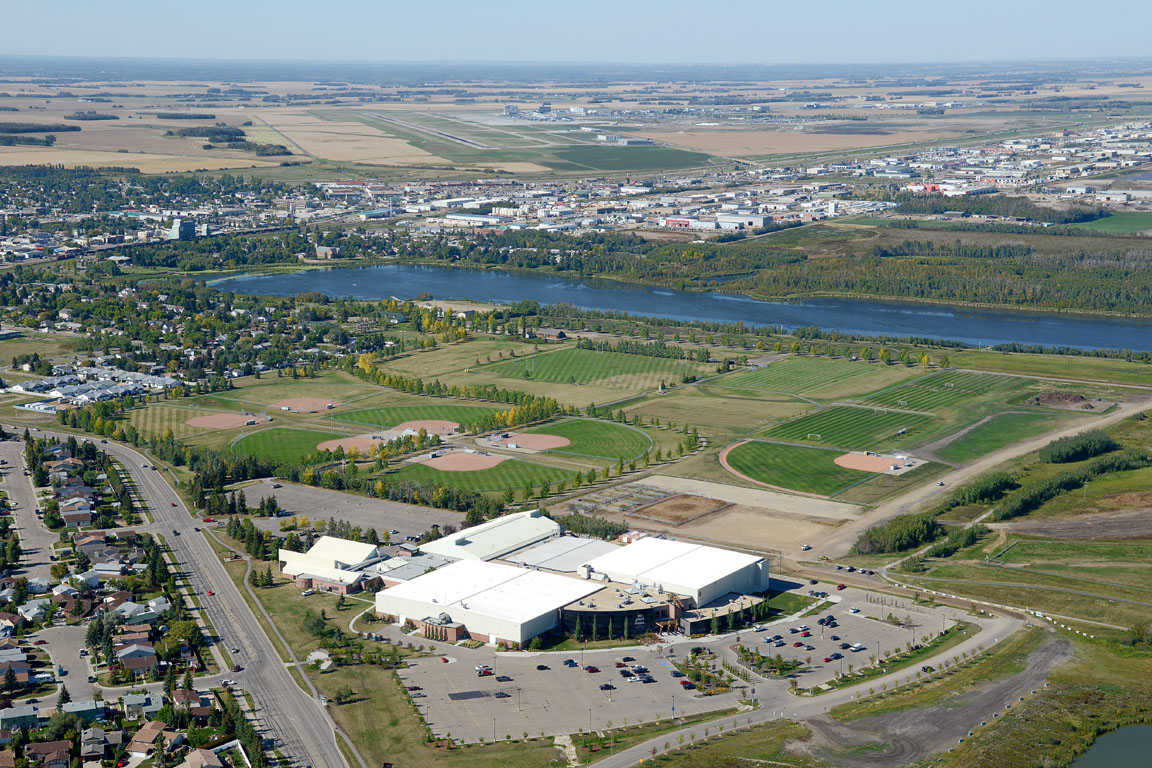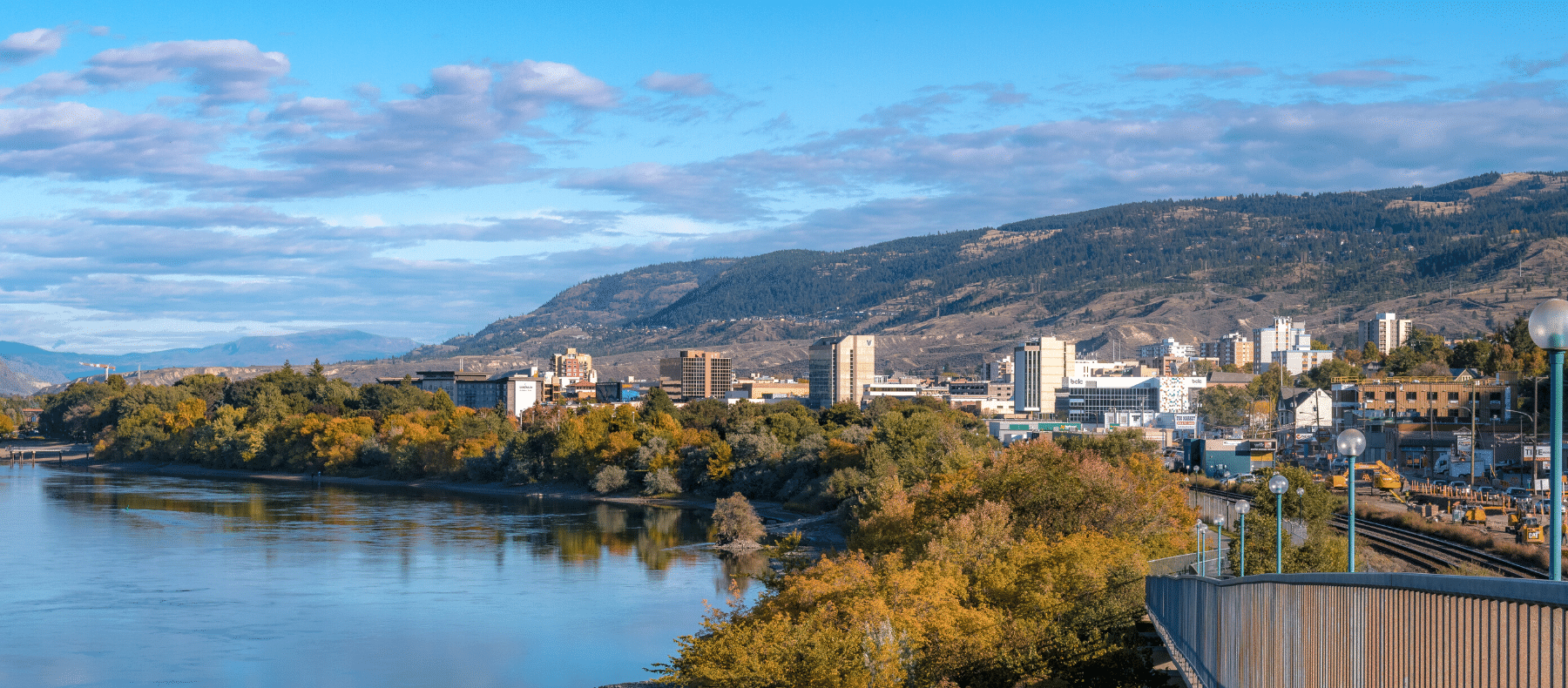Bad breath after wisdom teeth removal is a common problem that many people experience. Wisdom teeth, also known as third molars, are the last set of teeth to develop and usually emerge between the ages of 17 and 25. In some cases, they can become impacted, meaning they do not fully emerge from the gum line. This can lead to pain, swelling, and infection, and may require removal.
After wisdom teeth removal, it is normal to experience some discomfort and swelling. However, some people also experience bad breath, which can be a source of embarrassment and discomfort. This is because the extraction site can become infected, leading to the growth of bacteria that produce unpleasant odors. Additionally, the use of anesthesia during the procedure can dry out the mouth, reducing saliva production and allowing bacteria to thrive.
Causes of Bad Breath After Wisdom Teeth Removal
Wisdom teeth removal is a common dental procedure that involves the extraction of the third molars, which are located at the back of the mouth. While it is a routine procedure, it can sometimes result in bad breath, which can be caused by a variety of factors.
Dry Socket
One of the primary causes of bad breath after wisdom teeth removal is dry socket. Dry socket occurs when the blood clot that forms after the extraction is dislodged or dissolved, leaving the bone and nerves exposed. This can cause severe pain, bad breath, and an unpleasant taste in the mouth.
Bacterial Infections
Another common cause of bad breath after wisdom teeth removal is bacterial infections. When the extraction site is not properly cleaned or cared for, bacteria can accumulate and cause an infection. This can lead to bad breath, as well as other symptoms such as swelling, pain, and fever.
In addition to dry socket and bacterial infections, other factors can contribute to bad breath after wisdom teeth removal. These include:
- Food particles getting stuck in the extraction site
- Smoking or tobacco use
- Poor oral hygiene
- Medications that cause dry mouth
To prevent bad breath after wisdom teeth removal, it is important to follow your dentist’s instructions for post-operative care. This may include:
- Rinsing your mouth with salt water
- Avoiding smoking or tobacco use
- Brushing and flossing gently around the extraction site
- Using mouthwash as directed
- Avoiding hard or crunchy foods
In conclusion, bad breath after wisdom teeth removal can be caused by a variety of factors, including dry socket, bacterial infections, and poor oral hygiene. By following your dentist’s instructions for post-operative care, you can help prevent bad breath and other complications.
Symptoms of Bad Breath After Wisdom Teeth Removal
After wisdom teeth removal, it is common to experience bad breath. This can be caused by a number of factors, including the healing process, changes in oral hygiene routine, and the presence of food particles or bacteria in the mouth. In this section, we will discuss the symptoms of bad breath after wisdom teeth removal.
Unpleasant Taste in Mouth
One of the most common symptoms of bad breath after wisdom teeth removal is an unpleasant taste in the mouth. This can be caused by the presence of blood or other bodily fluids in the mouth, as well as the use of medication or anesthesia during the procedure. Patients may also experience a metallic or bitter taste in their mouth.
Persistent Bad Breath
Another symptom of bad breath after wisdom teeth removal is persistent bad breath. This can be caused by the presence of bacteria in the mouth, which can thrive in the warm, moist environment created by the healing process. Patients may also experience dry mouth, which can further exacerbate bad breath.
To combat persistent bad breath after wisdom teeth removal, patients should maintain good oral hygiene habits, including brushing and flossing regularly. They should also rinse their mouth with saltwater or antibacterial mouthwash to kill bacteria and promote healing.
In conclusion, bad breath is a common symptom after wisdom teeth removal. Patients should be aware of the potential causes of bad breath and take steps to maintain good oral hygiene to prevent and treat it.
Prevention of Bad Breath After Wisdom Teeth Removal
After wisdom teeth removal, it is common to experience bad breath. However, there are several ways to prevent this unpleasant side effect.
Proper Oral Hygiene
One of the most effective ways to prevent bad breath after wisdom teeth removal is to practice proper oral hygiene. This includes brushing teeth twice a day with fluoride toothpaste, flossing daily, and using an antiseptic mouthwash. It is important to avoid brushing the extraction site for the first 24 hours after surgery to prevent bleeding. After 24 hours, gently brushing the area can help remove any food particles or bacteria that may be causing bad breath.
Avoiding Certain Foods
Another way to prevent bad breath after wisdom teeth removal is to avoid certain foods. Foods that are sticky, crunchy, or spicy can irritate the extraction site and promote bacterial growth, leading to bad breath. It is recommended to avoid foods such as popcorn, nuts, chips, and spicy foods for at least a week after surgery. Instead, opt for soft, easy-to-chew foods such as yogurt, mashed potatoes, eggs, and soup.
In addition to proper oral hygiene and avoiding certain foods, staying hydrated and getting enough rest can also help prevent bad breath after wisdom teeth removal. By following these simple steps, patients can ensure a smooth and comfortable recovery while avoiding the unpleasant side effect of bad breath.
Treatment of Bad Breath After Wisdom Teeth Removal
After wisdom teeth removal, some patients may experience bad breath, also known as halitosis. This can be caused by a variety of factors, including the presence of bacteria in the mouth and the healing process after surgery. Fortunately, there are several treatments available to help alleviate bad breath after wisdom teeth removal.
Antibiotics
In some cases, bad breath after wisdom teeth removal may be caused by an infection. Antibiotics may be prescribed to help treat the infection and reduce bad breath. It is important to take the full course of antibiotics as prescribed by the dentist or oral surgeon.
Mouthwash
Mouthwash can be an effective treatment for bad breath after wisdom teeth removal. It can help kill bacteria in the mouth and freshen breath. However, it is important to choose a mouthwash that is alcohol-free, as alcohol can dry out the mouth and worsen bad breath. Chlorhexidine mouthwash is a common recommendation by dentists.
In addition to antibiotics and mouthwash, there are other steps patients can take to help reduce bad breath after wisdom teeth removal. These include:
- Maintaining good oral hygiene by brushing twice a day and flossing daily
- Using a tongue scraper to remove bacteria from the tongue
- Drinking plenty of water to help keep the mouth hydrated
- Avoiding foods and drinks that can contribute to bad breath, such as coffee, alcohol, and sugary or acidic foods
Overall, bad breath after wisdom teeth removal can be a common and temporary side effect of the healing process. However, with proper treatment and oral hygiene habits, it can be effectively managed.
When to See a Doctor
After getting wisdom teeth removed, it is normal to experience some discomfort and bad breath. However, if the bad breath persists or worsens, it may be a sign of a more serious issue. Here are some signs that indicate it is time to see a doctor:
- Persistent bad breath: If the bad breath does not go away after a week or two, it may be a sign of an infection or another underlying issue. A doctor can help diagnose and treat the problem.
- Fever: If a fever accompanies bad breath, it may indicate an infection. A doctor can prescribe antibiotics or other treatments to help fight the infection.
- Pain: If the pain after wisdom teeth removal does not subside or worsens, it may be a sign of complications such as dry socket or infection. A doctor can help determine the cause of the pain and provide appropriate treatment.
- Swelling: If the swelling does not go down or worsens, it may be a sign of infection or other complications. A doctor can help diagnose and treat the problem.
In general, if you are experiencing any unusual symptoms or have concerns about your recovery after wisdom teeth removal, it is best to consult with a doctor. They can help determine the cause of the problem and provide appropriate treatment.
